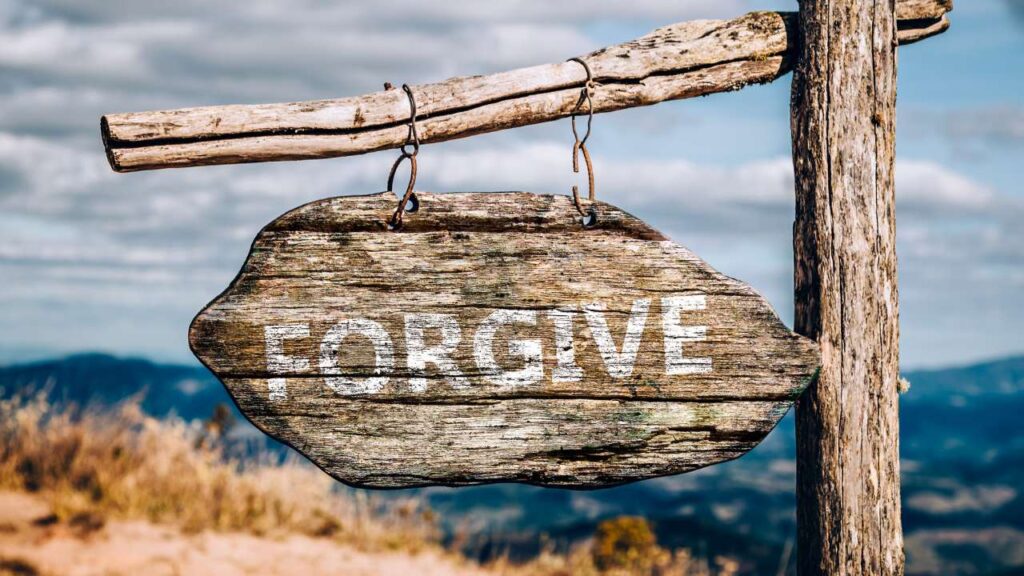Forgiving oneself can often feel like an insurmountable task. Many individuals grapple with feelings of guilt, shame, and regret, which can make the journey toward self-forgiveness seem daunting. Whether it’s a mistake made in the past, a perceived failure, or a choice that led to unintended consequences, the emotional burden can weigh heavily on the heart and mind. However, embracing self-forgiveness is not just an act of kindness toward oneself; it is a crucial step in the healing process. In this article, we will explore the challenges of self-forgiveness and offer a proven path to achieving it.
Understanding the Struggle
Self-forgiveness is complicated and often misunderstood. Many people equate forgiveness with condoning their actions or forgetting the harm they caused. This misconception can lead to a reluctance to forgive oneself, as individuals fear that doing so diminishes the seriousness of their actions. Additionally, societal expectations can intensify feelings of guilt. The pressure to meet certain standards can make it difficult to accept that everyone makes mistakes.
Furthermore, the emotional pain associated with past actions can create a cycle of negative self-talk, leading to feelings of unworthiness. This mindset can hinder personal growth and keep individuals stuck in a cycle of regret, preventing them from moving forward.
The Importance of Self-Forgiveness
Self-forgiveness is essential for emotional well-being. It allows individuals to release the burden of guilt and shame, fostering a healthier relationship with themselves. When people forgive themselves, they create space for healing, growth, and self-acceptance. Self-forgiveness can lead to:
- Improved Mental Health: Letting go of guilt and self-blame can reduce anxiety and depression, leading to a more positive outlook on life.
- Enhanced Relationships: By forgiving oneself, individuals can also cultivate healthier relationships with others, as they become less defensive and more open to connection.
- Personal Growth: Self-forgiveness encourages individuals to learn from their mistakes and make more mindful choices in the future.
A Proven Path to Self-Forgiveness
While the journey to self-forgiveness may be challenging, it is possible. Here are some practical steps to help navigate this process:
1. Acknowledge Your Feelings
The first step toward self-forgiveness is to acknowledge and accept your emotions. It’s normal to feel guilt and regret, but instead of suppressing these feelings, allow yourself to experience them. Reflect on what you did, how it affected others, and why it troubles you. Journaling can be a helpful tool for processing these emotions and gaining clarity.
2. Take Responsibility
Taking responsibility for your actions is vital in the self-forgiveness process. This doesn’t mean berating yourself for your mistakes; instead, it involves recognizing your role and the impact of your choices. Acknowledge the harm caused, and be honest with yourself about it. This step lays the groundwork for growth and understanding.
3. Practice Self-Compassion
Self-compassion is key to overcoming guilt and shame. Treat yourself with the same kindness and understanding that you would offer a friend in a similar situation. Remind yourself that everyone makes mistakes and that your worth is not defined by a single action. Engage in positive self-talk and replace negative thoughts with affirmations of your value as a person.
4. Learn from the Experience
Use the situation as an opportunity for growth. Reflect on what you’ve learned from your actions and how you can apply those lessons in the future. This can transform a negative experience into a catalyst for positive change. Consider setting new intentions or goals that align with your values and the lessons learned.
5. Seek Support
Forgiving oneself can be a difficult journey to navigate alone. Consider seeking support from friends, family, or mental health professionals who can provide guidance and encouragement. Sharing your feelings with someone you trust can help alleviate the burden of guilt and promote healing.
6. Let Go and Move Forward
Finally, commit to letting go of the past. This doesn’t mean forgetting what happened but rather acknowledging it and choosing not to let it define you. Embrace the idea that mistakes are a natural part of being human and that you are deserving of a second chance. Focus on the present and the future, and take proactive steps toward self-improvement.
Conclusion
The challenge of self-forgiveness is undoubtedly significant, but it is also a crucial component of healing and personal growth. By acknowledging your feelings, taking responsibility, practicing self-compassion, learning from your experiences, seeking support, and committing to move forward, you can embark on a proven path toward self-forgiveness. Remember, you are not alone in this journey; many people share similar struggles, and with time and effort, healing is possible. Embrace the power of self-forgiveness and allow it to transform your life for the better.
 Skip to content
Skip to content
